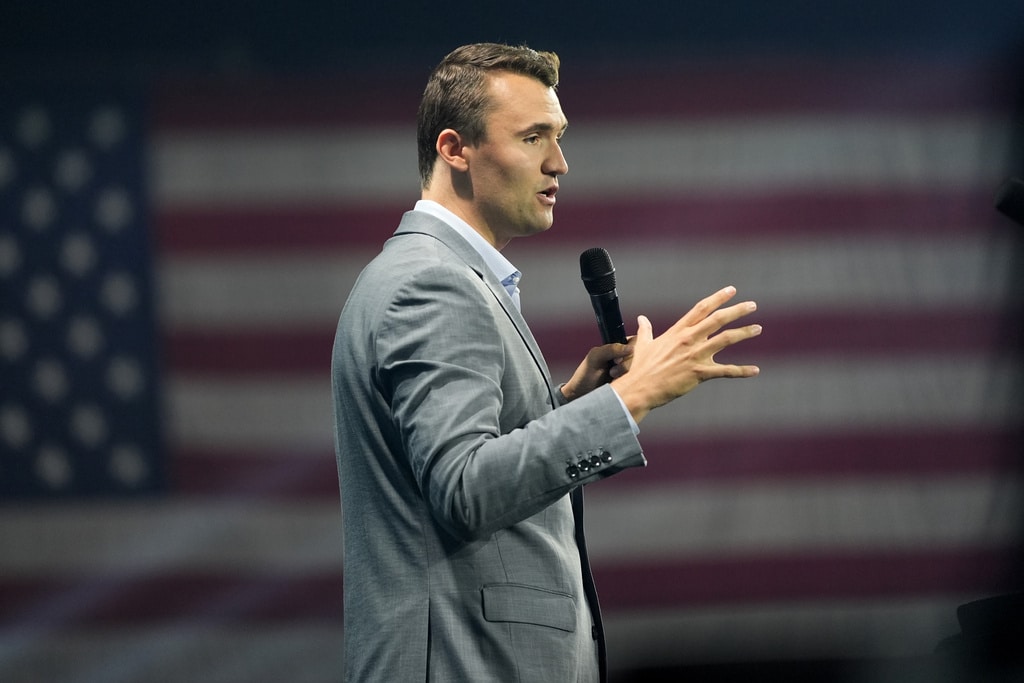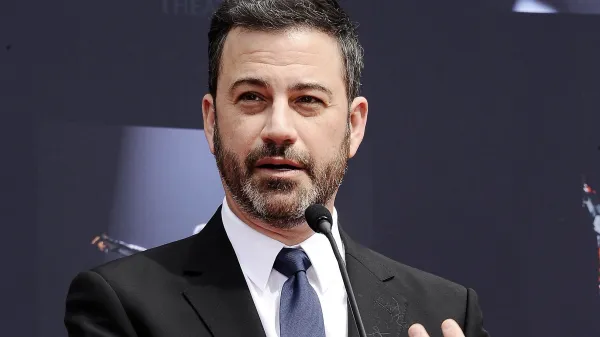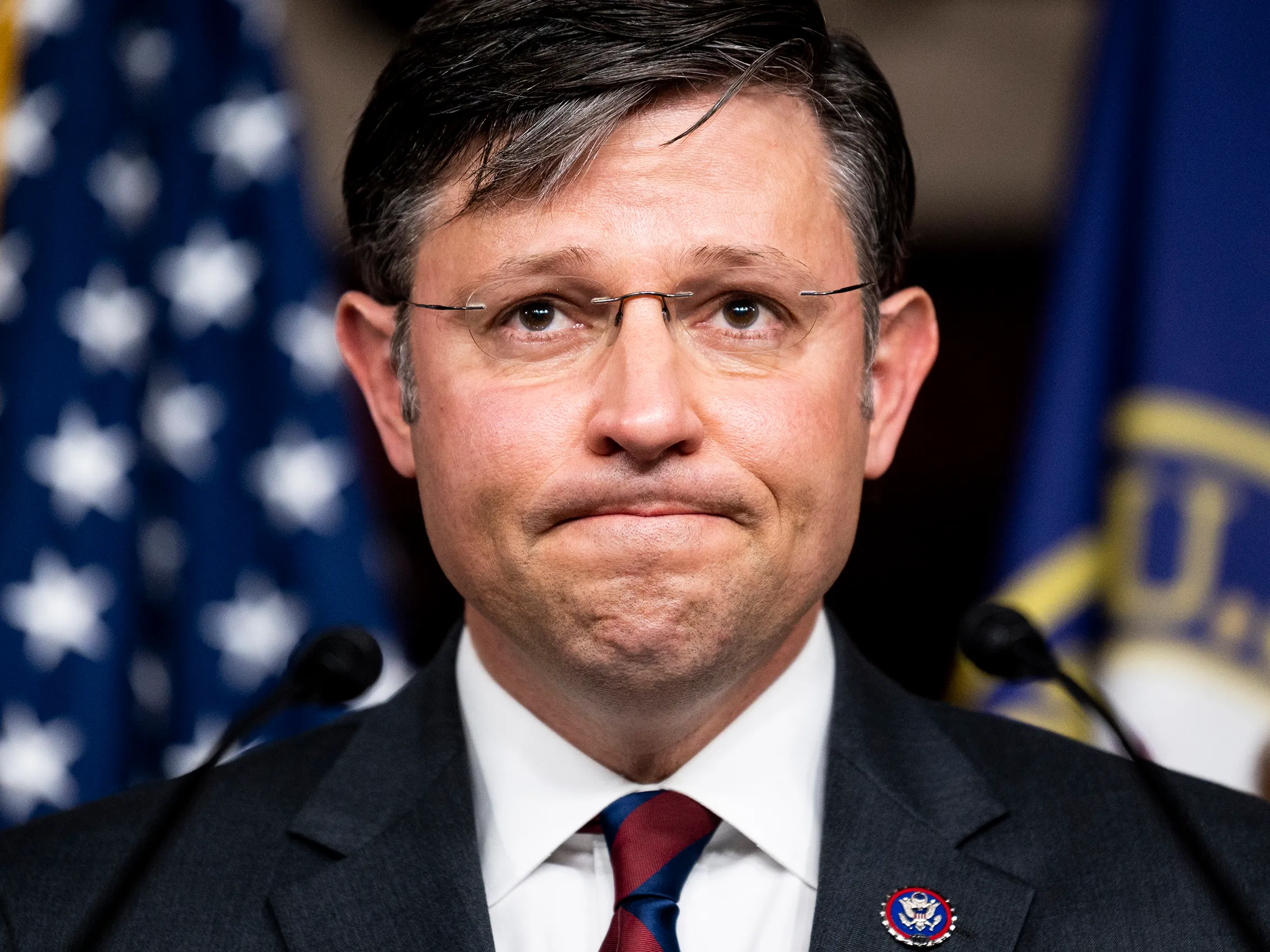
The conservative movement, including high-profile figures and rank-and-file activists, has leapt fully into what they call the defense of “free speech” by pushing to remove from their jobs people who criticized, mocked, or made what some consider insensitive comments about Charlie Kirk following his tragic death. Because America's “free speech” is job termination for disagreeing with the narrative.
The spark was the fatal shooting of Charlie Kirk while on his “American Comeback Tour” at Utah Valley University. In the aftermath, social media lit up — some mourning, some horrified, some making harsh statements about Kirk or celebrating aspects of what he represented. Conservative influencers and organizations have since begun identifying those social media posts, demanding employers discipline or fire those behind them.
One of the first big names to lose their job: MSNBC political analyst Matthew Dowd, who was reportedly fired after remarks he made linking hateful political rhetoric to real violence — comments many saw as measured, but which ignited outrage among conservative media circles.
Companies and institutions — both public and private — have faced pressure. Delta Air Lines, Microsoft, Office Depot, and Nasdaq are among businesses said to be taking disciplinary action or leading reviews of employees who publicly commented (some disparagingly) about Kirk’s legacy after the shooting. Public school districts are also in the fray: a teacher in Wake County, North Carolina is being targeted after allegedly posting on a private social media account criticizing Kirk; parents have called for his firing. Legal analysts are warning that firing government employees for such speech may run afoul of First Amendment protections.
Conservative leaders, echoing each other, have leaned into the moral framing: these remarks are “insulting,” “disrespectful,” and in some statements, even “beyond the bounds of civilized debate.” But the backlash is sharp. Free speech advocates, labor lawyers, and civil rights groups are pointing out that criticizing a public figure — even a controversial one — is constitutionally protected, especially when done off-duty, in one’s own capacity.
Meanwhile, some conservative influencers have crowed about “holding people accountable” and “denouncing hate,” claiming the campaign is about decency. Others are more direct: websites and social media accounts have posted names and screenshots of social media users whose posts have been flagged by conservative commenters; some employers reportedly responded with suspension, investigations, or termination.
The irony is not lost on observers. For years, many conservative figures railed against “cancel culture” — the idea that social pressure or progressive outrage silences dissent. Now, those same voices are deploying what looks very much like cancel culture: spot someone saying something critical or unflattering about their idol, mobilize outrage, and demand their job.
As the debate unfolds, serious questions are being raised: Where is the line between free speech and hate speech or offensive speech? What legal protections do workers have when their employer is pressured by political actors or influencers rather than by law? And perhaps most importantly: when political rhetoric demands people lose their livelihoods, is that really free speech?
For now, the conservative movement seems unapologetically committed to this version of “free speech” — the one that protects praise, avoids criticism, and fires critics. Because nothing says liberty quite like censorship — via pink slips.




